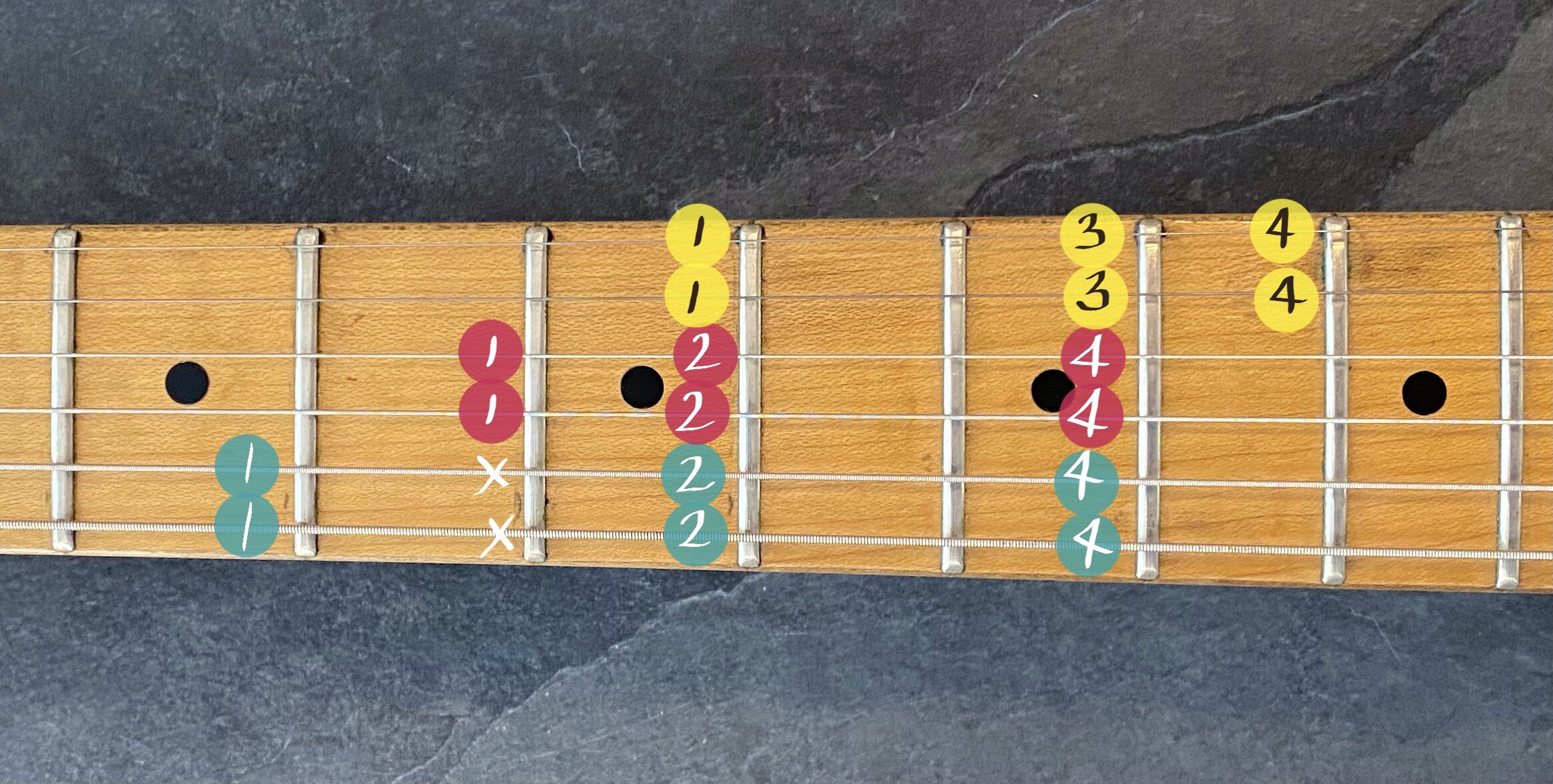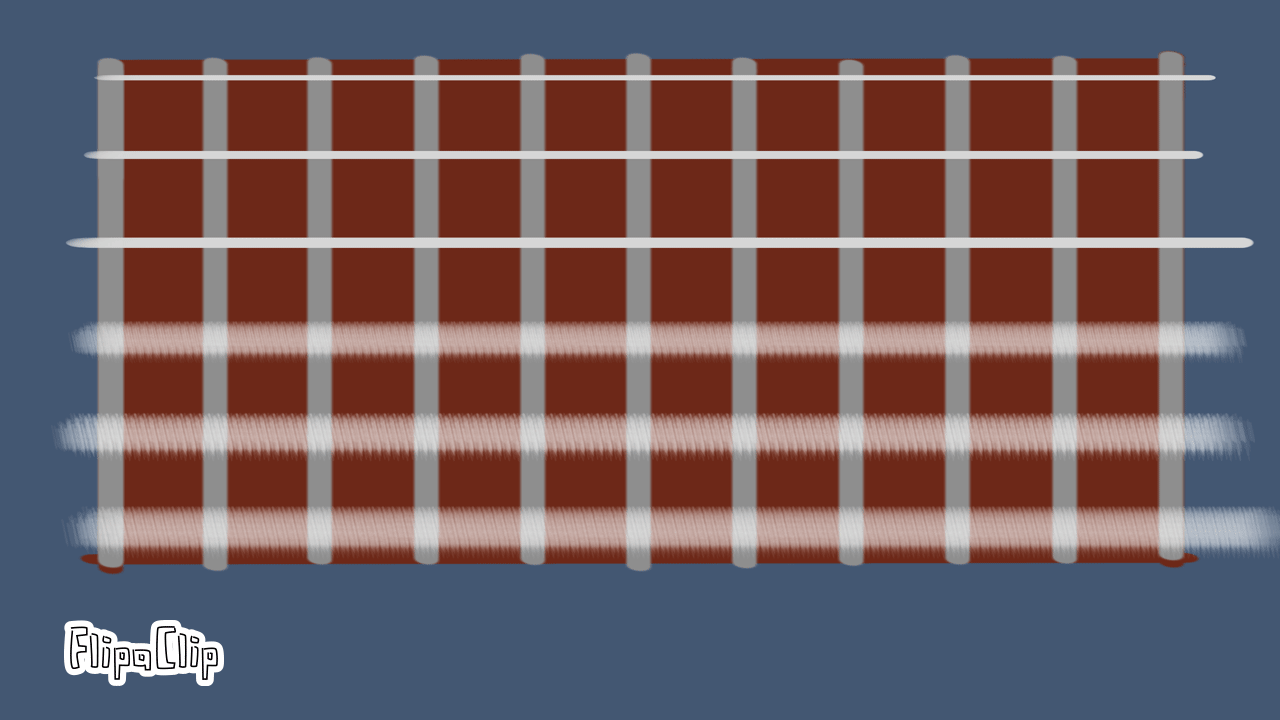
George



“Father and Son” by Yusuf/Cat Stevens
you’ll need to practice these circled chords to play this song:
from the archives:
Hey George! I’m glad you asked for a written report on how your lessons are going and the nature of your progression as a guitarist. Whether this inquiry is inspired by your own curiosity or as preparation for transitioning to a new instructor I hope and believe it will provide some valuable insight.
During lessons, you pick things up pretty quickly, and that’s good. Another thing in your favor is your direct honesty when you don’t understand something. You simply say “I don’t get it”, and that’s great because it helps me know when we need to change our approach to whatever it is we’re studying at the time. Another thing is that I know you tend to get tired after a half hour lesson, but I think you could benefit from longer and/or more frequent lessons. Perhaps a 30 minute lesson, forty-five minutes of individual practice, then a 15 minute post-lesson. This could be a twice a week lesson as well.
The area in which you could use the most improvement is that of time. Tempo, rhythm, beat, pulse, meter, groove, feel; these are some of the words we use when talking about time in music. There are many ways to practice time, such as with a metronome, foot tapping, hand clapping, getting up and walking around while singing, and playing along with a recording. Being able to play notes in time is, I think, the key to unlocking the next level of not just your guitar playing but your piano playing as well, or any other instrument you might choose to pick up. It will even change the way you hear music.
Another small but important detail I’d like to point out is your over reliance on looking at sheet music. For instance, if we’re practicing a series of three notes with the intent of improving your physical technique, and if those notes are on a piece of sheet music in front of you, you’ll look at the notes rather than your hands. I can correct you in the lesson, but try to be aware of this on your own.
And now let’s address the most important aspect of all of this. If you want to progress, you need to spend time playing and practicing. I know that you don’t practice, because you have the courtesy to simply tell me that you don’t. When we first started lessons, I expected you to practice. But as time went on, you were consistently not practicing, so I tried encouraging you and showing you how to practice in many ways. Alas, the goal of getting you to practice never materialized.
We then discussed our intentions and expectations of one another in this relationship of instructor and pupil. I believe it was made clear that this is a relationship of reciprocity, essentially meaning that the more you give me in terms of time spent practicing, the more I can give you in terms of instruction.
If you are OK with not practicing, then I am OK with it. That’s your choice. I am not the type of teacher to react with anger or disappointment to a student not practicing. [although at this point, it might be said that the teacher and student have both given up their roles and thus we are entering into an altogether different conversation]
True, lessons are less interesting when the student isn’t practicing, but I don’t feel it’s my place to force anyone to do something they don’t want to do. Do I want you to practice? Yes. Very much so. Lessons are a lot more fun for me when the student is interested in playing and practicing.
I think I may be getting excessively wordy, so I’ll try and wrap this up. Ultimately, the purpose of music is this: the communication, propagation, and expression of joy. If you are interested in being a part of that by playing an instrument, you need to train your body and mind to actually do it. This is practicing.
Ask yourself if you really want to play guitar in the first place. If you feel yourself being naturally drawn to something, and that thing brings you happiness and is not harmful to yourself or others, you should pursue that thing. Maybe you really like playing piano more than you like playing guitar. Maybe you like painting, or chess, or getting involved with a charitable organization, or growing orchids or tomatoes, or walking, or communicating with friends and family you’ve lost touch with.
Maybe I’m not the right teacher for you. Maybe I’m the perfect teacher for you. Either way, your next lesson will likely be more interesting than usual.





